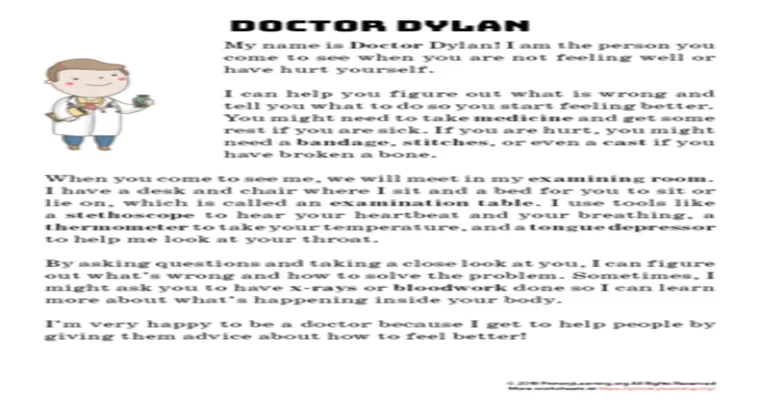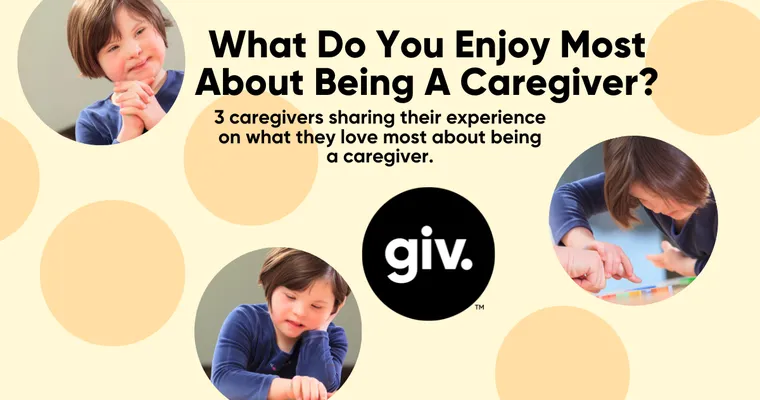When a friend asks for help, it can be challenging to navigate the situation, especially if you feel overwhelmed or obligated. You may find yourself in a position where you need to balance your own needs with your desire to support your friend. This article will provide you with practical advice on how to "gracefully decline" a request for help while maintaining your friendship and avoiding unnecessary conflict.
The first step in addressing this situation is to assess your own feelings and capacity to help. Reflect on why you feel the need to step back. Are you feeling "overwhelmed" by your own responsibilities? Do you fear that helping your friend might lead to additional stress in your life? Understanding your feelings will help you communicate your boundaries more effectively.
Once you have clarity on your own situation, it's important to approach your friend with "honesty" and "compassion". Start by acknowledging their need for help and expressing your appreciation for their friendship. You might say something like, "I really value our friendship and I understand that you are going through a tough time." This sets a positive tone and shows your friend that you care about them.
Next, gently explain your reasons for not being able to assist them at this time. You can use phrases like "I wish I could help, but I am currently dealing with some personal commitments that require my full attention." This way, you are being truthful without going into excessive detail about your own issues. Remember, it's okay to prioritize your own well-being.
Additionally, offer alternative support if possible. While you may not be able to help in the way your friend needs, suggesting other resources or people they can turn to can demonstrate that you still care about their situation. For instance, you might say, "Have you considered reaching out to [another friend or resource]? They might be able to help you through this."
In some cases, it may also be beneficial to set a timeline for future check-ins. Letting your friend know that you are still there for them in the future can ease their feelings of abandonment. You could say, "I hope we can catch up soon, and I’d love to hear how things are going for you."
Finally, make sure to follow through on your promise of future support. Check in with your friend after some time has passed, letting them know you are still thinking of them. This will help to reinforce your friendship and show that your decision to step back was not a rejection but rather a temporary measure for your own well-being.
In conclusion, helping out a friend can sometimes put us in difficult positions. By approaching the situation with "honesty", "compassion", and clear boundaries, you can gracefully navigate your way out of a request for help while still preserving your friendship. Remember that it is perfectly acceptable to prioritize your own needs, and true friends will understand and appreciate your honesty.





